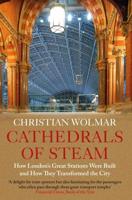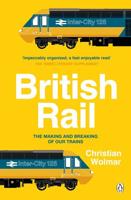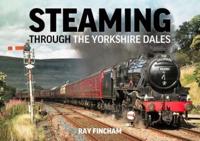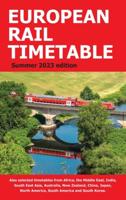Publisher's Synopsis
When signalman James Tinsley arrived late for work on the morning of May 22, 1915, he could scarcely have imagined that just 16 minutes after taking up his role at Quintinshill Signal Box, on the west coast mainline north of Carlisle, he would be deemed responsible for Britain's worst railway accident. With the local train that he had ridden to work on from nearby Gretna parked on the up mainline outside the signal box, he threw the signals, allowing a train packed with soldiers bound for Gallipoli to proceed south, and an express to thunder north. The troop train collided first with the local train and, just minutes later, the express ploughed into the wreckage. In all 227 people died and 246 were injured. Most of them were soldiers and many perished or were maimed in the ensuing inferno. Tinsley and his colleague George Meakin were blamed and the only explanation Tinsley could offer was that he 'forgot' about the local train. Using contemporary accounts, newspaper reports and official documents from the time to build a detailed picture of events, this book examines the Quintinshill Rail Disaster from the perspective of those caught up in it. It follows Tinsley and Meakin through the judicial process, questioning whether others should have joined them in the dock, and remembering the many who fell at Gretna on their journey to fight for King and country in the Great War.







